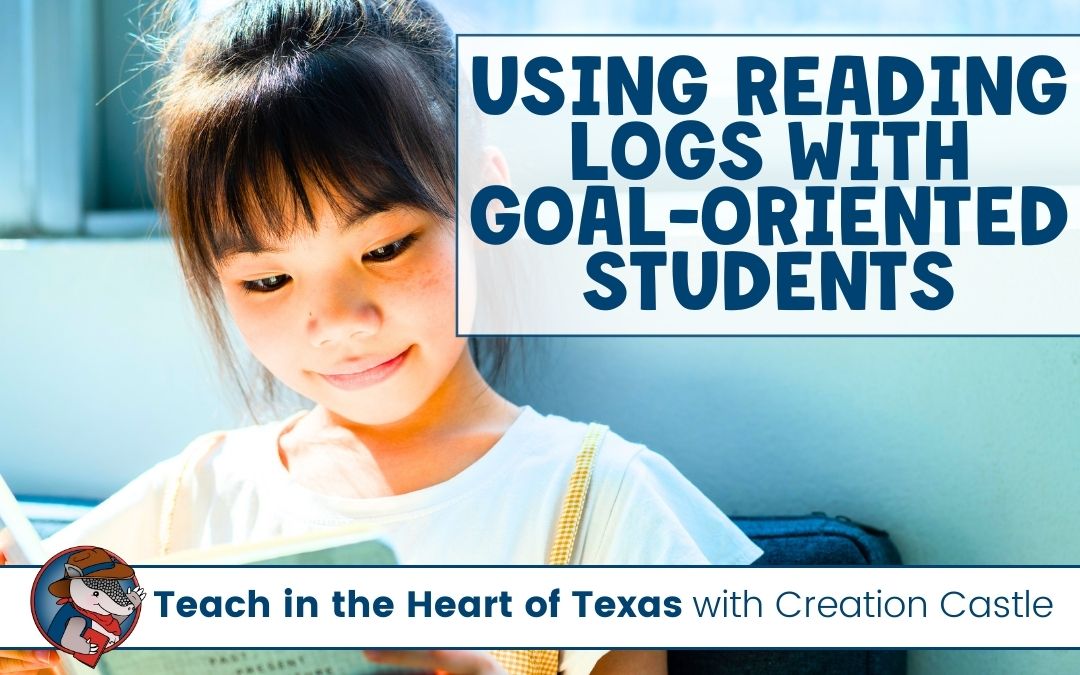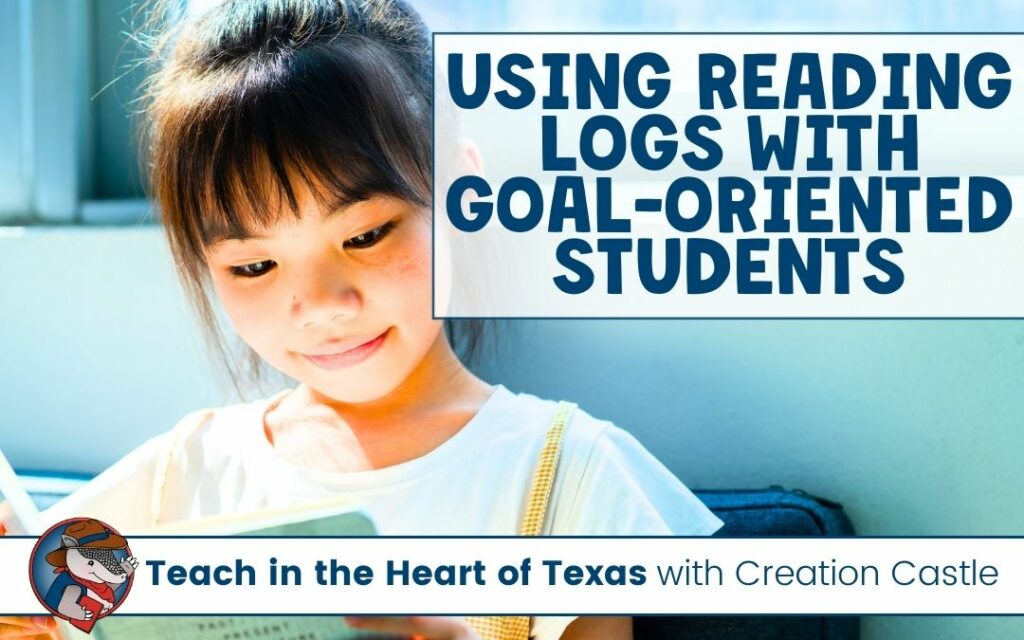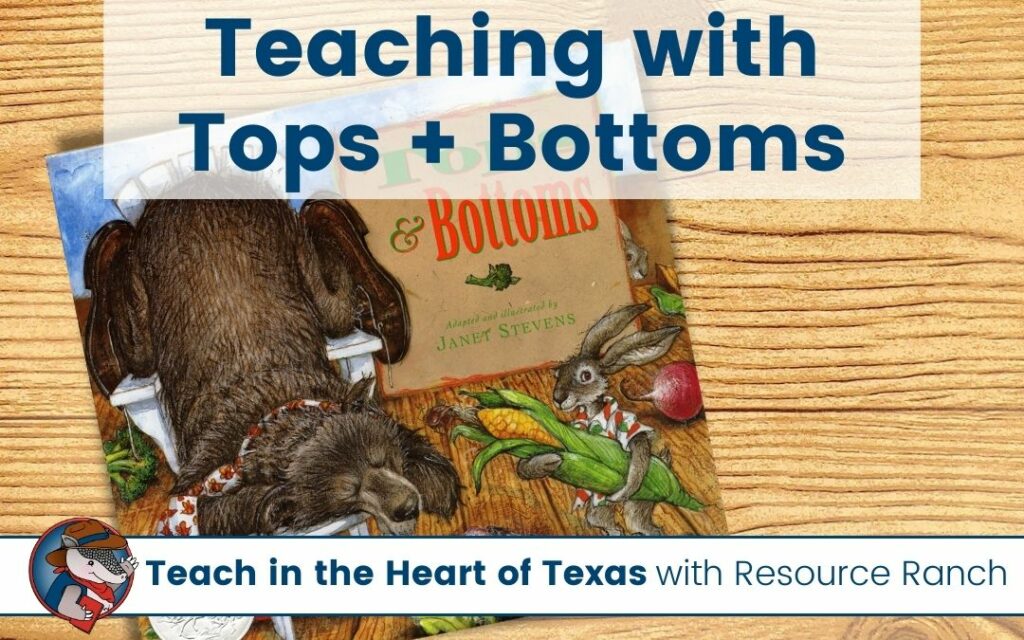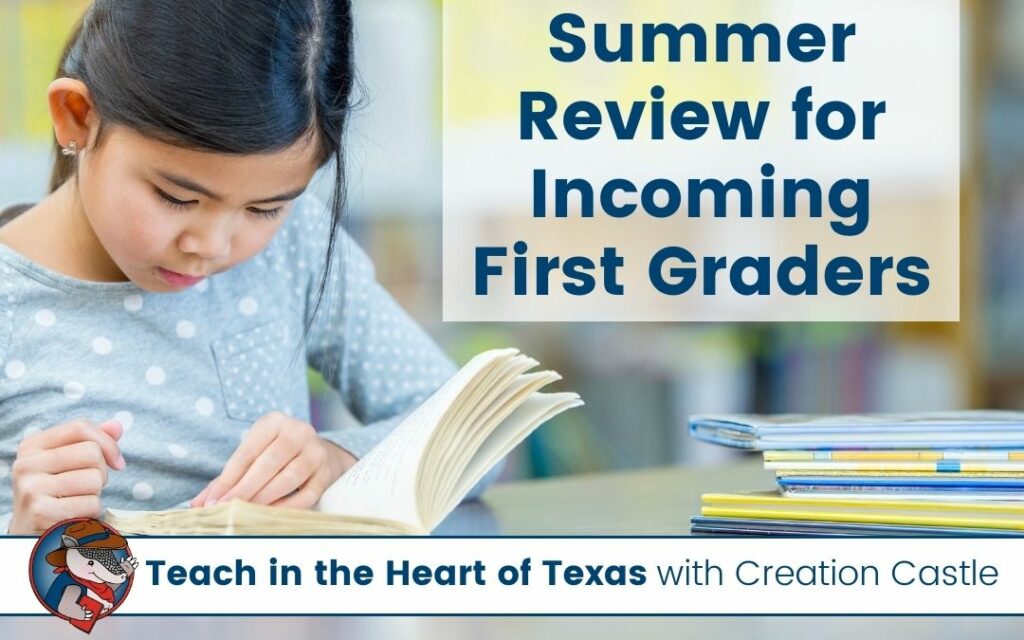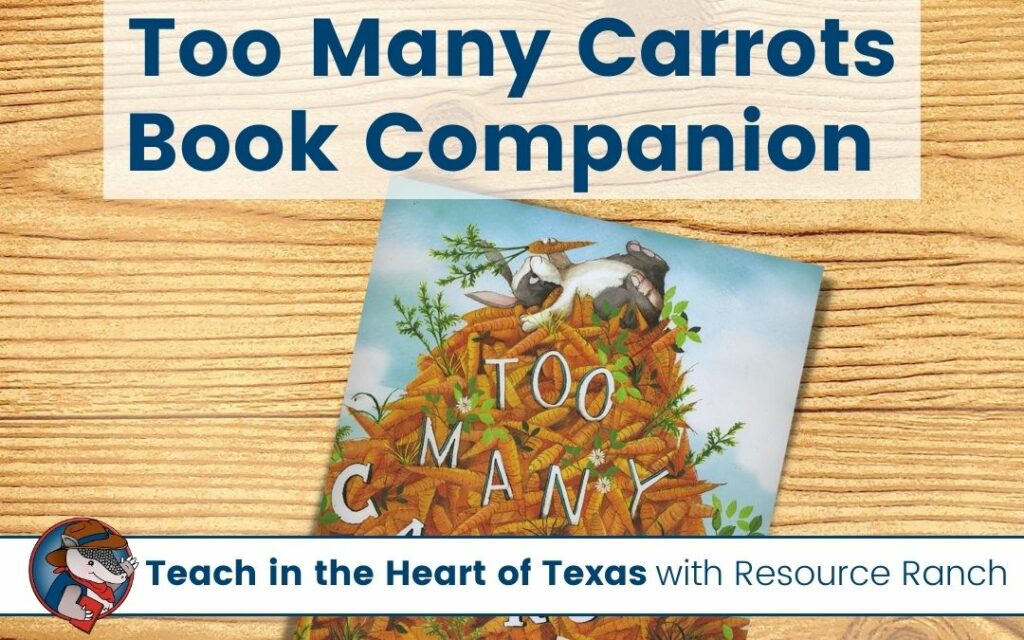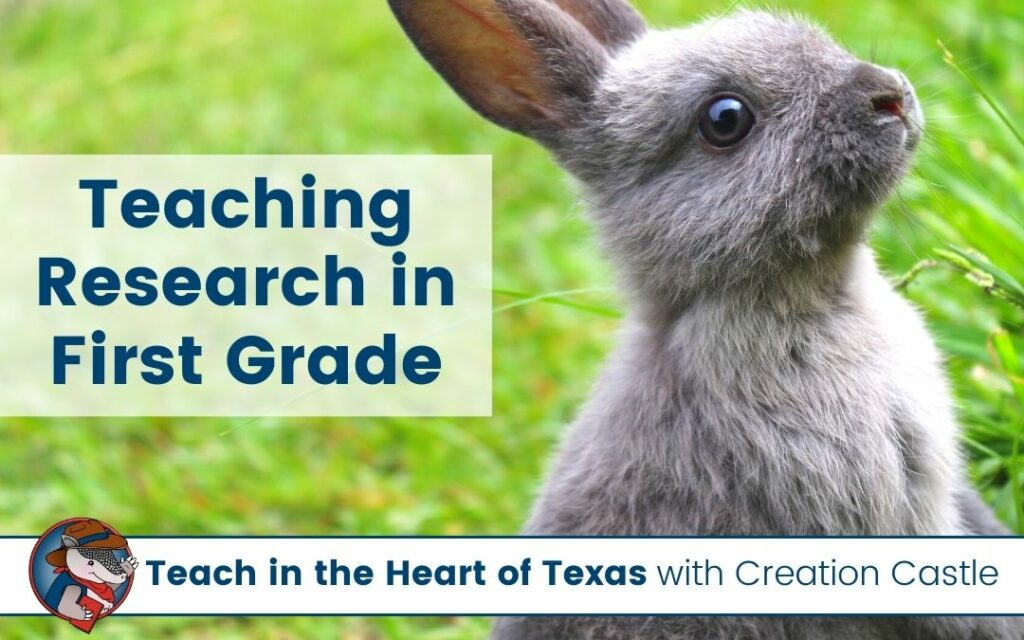Picture this: A bright-eyed first-grader proudly enters the classroom, waving a completed reading log in hand, filled with colorful stickers and notes about their favorite books. That sense of accomplishment is what reading logs can bring to your classroom. As an early elementary teacher, you play a crucial role in nurturing young readers and fostering their love for books. Let’s explore how reading logs can be your secret weapon in motivating goal-oriented students to develop their reading skills and track their progress.
Reading logs are a valuable tool for motivating young students to develop their reading skills and track their progress. These logs can provide a way for students to set goals, track their reading habits, and celebrate their achievements, which can be especially useful for goal-oriented students.
Quick Clicks
Measurable Progress
One of the main reasons why reading logs are perfect for goal-oriented students is that they provide a clear and measurable way to track progress. By setting goals for how many books to read or how much time to spend reading each day, students can see how they are doing and how close they are to achieving their goals. Having a record of their progress can be incredibly motivating for young students, as they can easily see the progress they are making. This can help them to stay on track and stay motivated to continue reading and developing their skills.
Celebrate Achievements
Another reason why reading logs are perfect for goal-oriented students is that they provide a way to celebrate achievements. When a student reaches a goal, such as reading a certain number of books or completing a reading challenge, they can record their achievement in the reading log and celebrate with their teacher and classmates. This can provide a sense of pride and accomplishment, which can help motivate students to continue working towards their goals.
Share Reading Experiences
In addition, reading logs can also provide a way for students to share their reading experiences with others. You can provide your students with more detailed reading logs that include a space for students to write short reviews or summaries of the books they have read, which can provide a way for students to share their thoughts and opinions with others. This can help foster a love of reading and a sense of community among students.
Reflect on Reading
Reading logs also provide students with an opportunity to reflect on their own reading. Through the use of questions, students can think critically about the books they have read and can make connections to themselves, other books, and the world around them. Reading logs are also a great way for YOU to get to know your students better and to understand how your students are responding to the books they are reading.
Ways NOT to Use Reading Logs
Reading logs are a great motivational tool when approached the right way. But it is easy for students – and parents – to view these as a chore. If these are compulsory and complicated they are not benefiting anyone! Make sure the reading logs are simple and fun or meaningful but not mandatory.
Some students may feel overwhelmed by setting goals, while others may struggle with keeping track of their reading time. Be sure to provide support and guidance to students who need it, and consider adjusting goals or log formats as needed.
When used correctly, reading logs can be a valuable tool for helping goal-oriented students develop their reading skills and track their progress. By providing a clear and measurable way to set and achieve goals, celebrate achievements, and share reading experiences, reading logs can help students succeed in their reading journey.
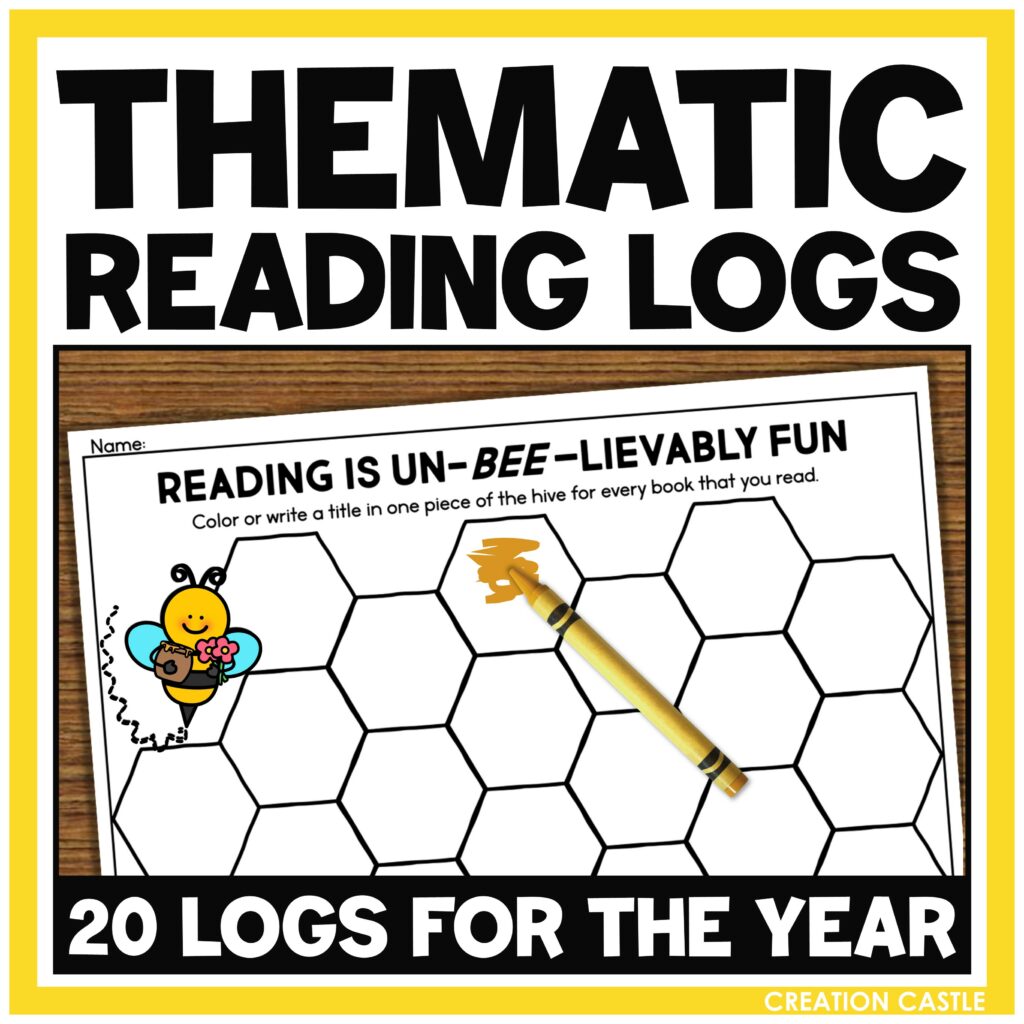
Check out this pack of reading logs to get you started! You’ll find the following themes:
penguins fishing
snowflakes
kites
butterflies
elephants
sand buckets
bugs
bookshelf
apples
pumpkins
turkeys
gingerbread
magician and stars
frogs with logs
beehive
superheroes
books (daily reading challenges)
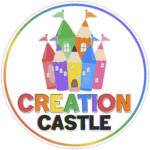
Creation Castle
Heather is the author of Creation Castle. She has experience with general education, special education, and ESL students in kindergarten through fifth grade. She specializes in early elementary math and literacy, as well as organization.

